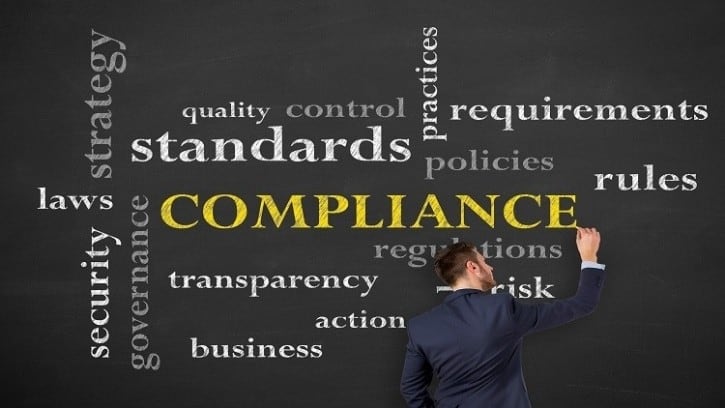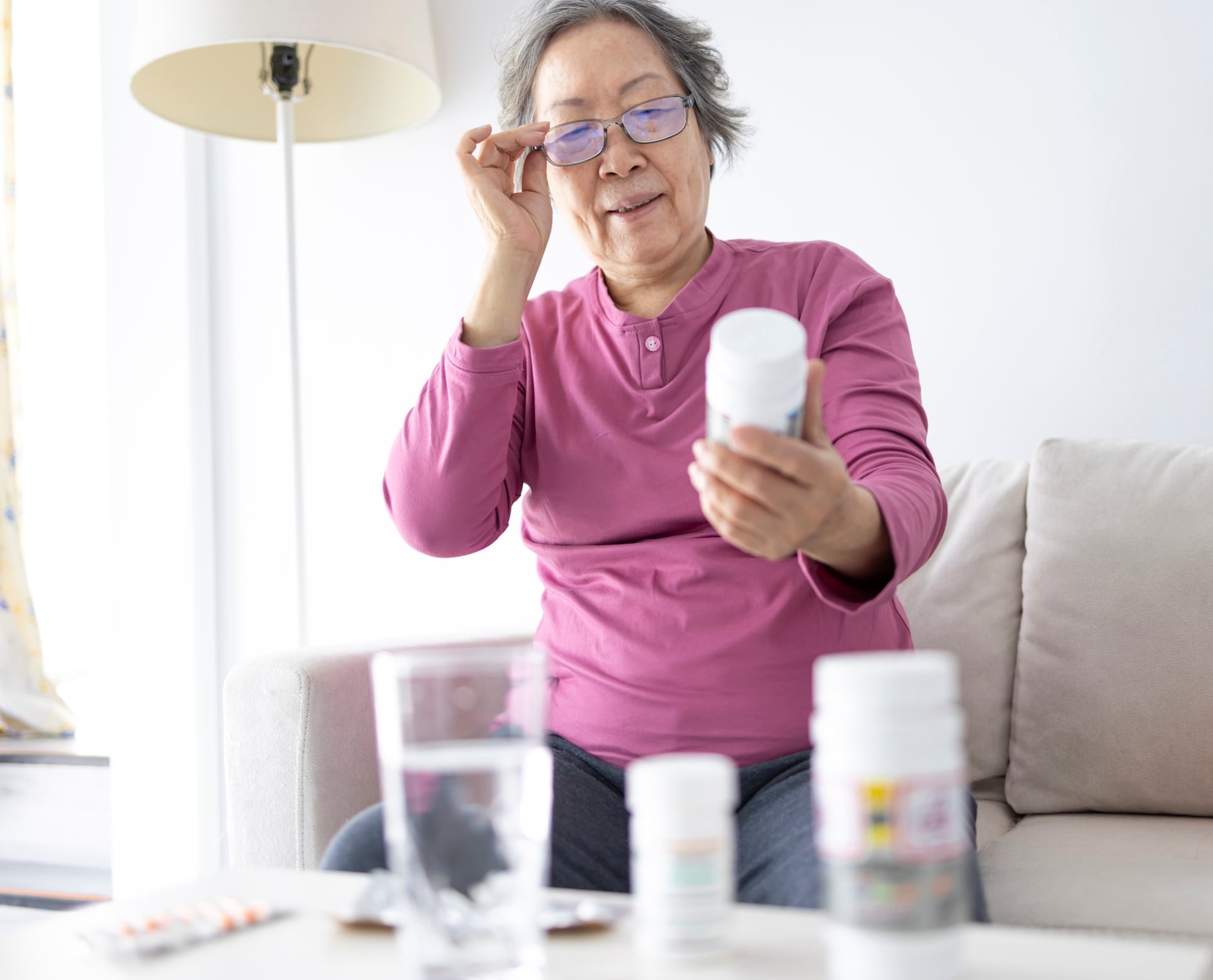The supplements are sold under Holista’s two flagship brands, PRISTIN GOLD Omega-3 Fish Oil 1200mg Softgel and PRISTIN Omega-3 Fish Oil 1200mg, both of which are halal-certified.
The company was first alerted by a consumer who had purchased a product claiming to be PRISTIN’s on an e-commerce platform and felt that it was “very different and suspicious”.
“We then picked up the product from the customer and sent it for analysis. We found it was not fish oil, but fairly low-quality, rancid soybean oil,” Dr Rajen Manickar, founder of Holista, told NutraIngredients.
Subsequently, Holista filed a police report with the Royal Malaysia Police regarding counterfeit PRISTIN products being sold on Lazada and Shopee.
PRISTIN’s products are only available through pharmacies licensed by the Ministry of Health Malaysia and via Holista’s official online stores, Alterni.com and Holista.global.
“You can buy screwdrivers, purses, perfumes, and even books from these outlets. But I think when it comes to buying dietary supplements, you really have to not buy them from there.
“You should go to authorized channels, whether online portals of pharmacies or physical pharmacies, which bear professional responsibility for making sure that the product quality is consistent with what you are buying and not open to manipulation and infringement.”
Dr Rajen also urged industry stakeholders to have a stronger voice with the government and regulatory authorities to ensure that dietary supplements, which are “high-priced items based a lot on trust and the latest science”, are not available on portals seeking to sell the cheapest supplements.
“This is a rapidly evolving space. Even security tags that we put on products are now being counterfeited. The best way is to buy these products from somebody you trust—the pharmacists, either in their shops or their online stores,” he reiterated.
‘Deeply concerned’
Following the police report, Persatuan Pengguna Islam Malaysia (PPIM), or Muslim Consumers’ Association of Malaysia, has held urgent discussions with Holista and released a press statement.
Nadzim Johan, chief activist of PPIM, called on authorities, namely the Malaysian Communications and Multimedia Commission (MCMC), which oversees online activities, and the Department of Islamic Development Malaysia (JAKIM) under the Ministry of Religious Affairs, to investigate the e-commerce platforms used for selling these counterfeit products, and to take immediate action against the companies or individuals involved.
“We are deeply concerned about the emergence of such counterfeit products. With the rapid growth of e-commerce in Malaysia, we fear that other counterfeit cases may exist and remain undetected by the authorities,” said Johan.
In addition, he highlighted three key areas that could be impacted:
1) Blatant misuse of the halal logo erodes the confidence of Muslims in Malaysia and globally regarding the certification of products, their sources, and production processes;
2) Counterfeit products deliberately evade regulatory oversight governing supplement safety and compliance. Not only do they fail to support health, but they actively endanger consumers;
3) As a Muslim-majority country with a large young population, Malaysia has a thriving e-commerce market, respected globally for its adherence to Islamic practices and halal compliance. Violations of this nature will have severe repercussions for syariah-compliant businesses if not dealt with decisively.
Johan added that industry players, including pharmacy chains and the Malaysian Dietary Supplement Association, should also hold discussions to address growing concerns among consumers.





